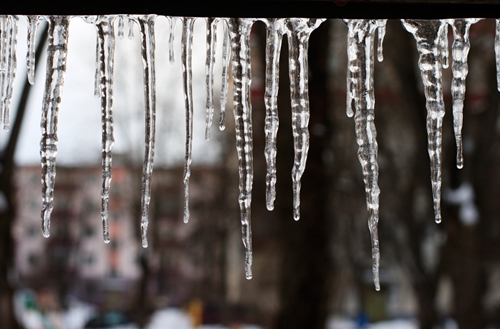
Over the past week or two, much of the country has been hit with some seriously frigid temperatures that led to school cancelations and other issues. And that, in turn, can also have a negative impact on small businesses in those affected areas; if people don’t want to leave the house for things like work and school, they probably don’t want to go shopping.
As many small business owners across the country learned full well when the polar vortex descended upon much of the Northern U.S. last year, low temperatures can have a negative impact on revenues, according to a report from Mason City, Iowa, television station KIMT. For many of the smaller companies in these areas, it took a period of a few months or more to recover from the lost business during that time. And while the temperatures seen so far in the new year haven’t been quite so cold, and aren’t expected to last nearly as long, many entrepreneurs are still facing difficulties.
However, it’s also possible that when consumers do need to go out, they’d rather go to smaller companies than big retail locations like shopping plazas or malls, the report said. The reason for this is simple: Small businesses don’t tend to have huge parking lots where shoppers will have to park far away and walk for a few minutes just to get inside.
“A lot of that is convenience,” Jodi O’Brien, executive director of the small business advocacy group Main Street Mason City, told the station. “People and retailers think it’s great, because you can just pull right up and be pretty close and park pretty close. It’s actually more economic for buildings to utilize buildings that are already there instead of rebuilding.”
What can small businesses do?
While avoiding weather of any type is obviously impossible for most companies, the fact remains that owners will need to have contingency plans in place if things get a little too extreme for shoppers or workers. That can include a willingness to simply close down for the day if it seems like it might be too dangerous for people to actually make the trek out, or allowing employees to work from home whenever it’s necessary.
Further, companies will also need to have plans to financially insulate themselves from lost revenues in this way. That could include finding cost-cutting measures when it comes to things like small business insurance – including plans for liability insurance – to potentially save thousands annually.